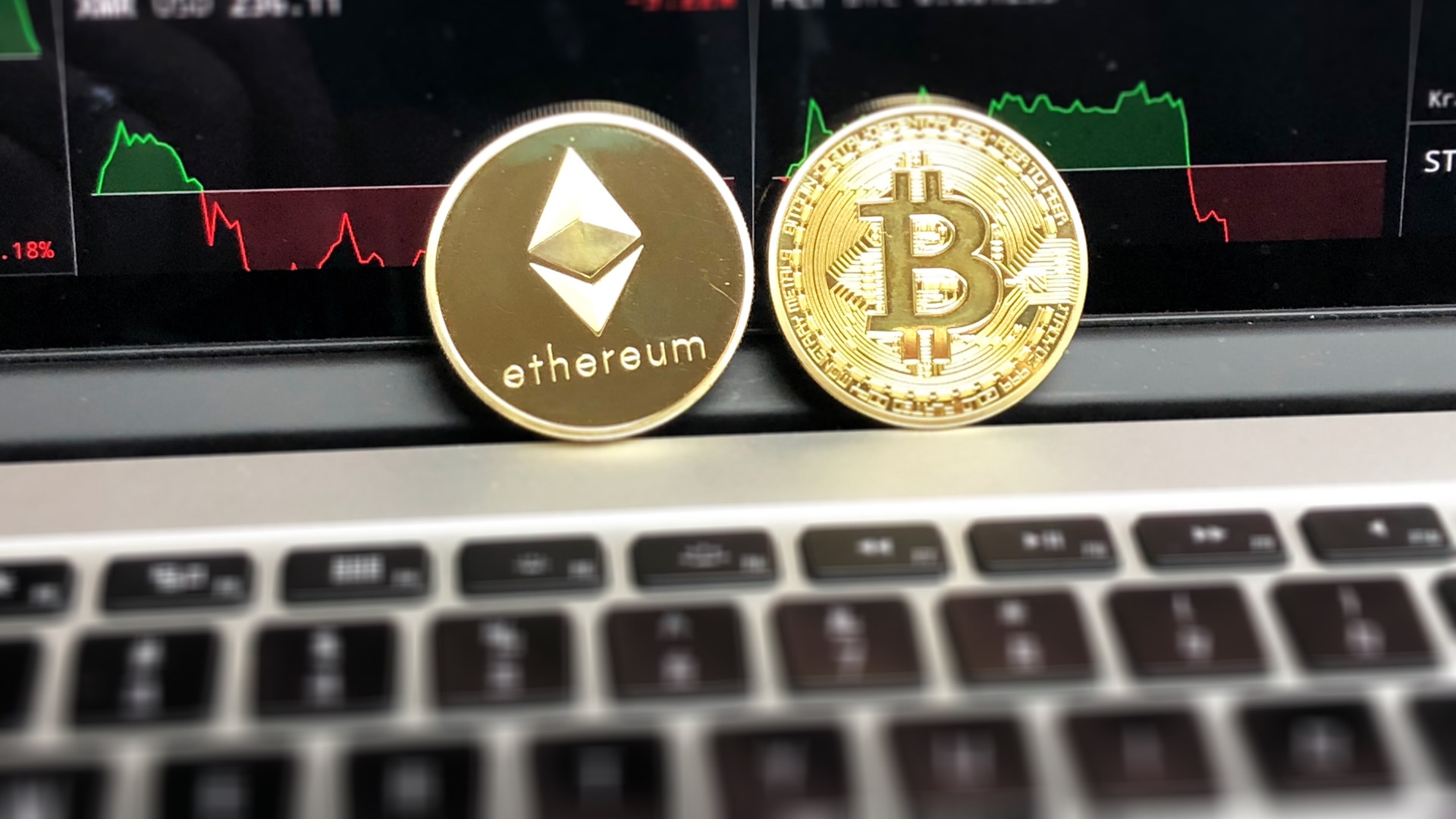Coinmining attacks saw a huge rise in 2020
Increase in coinminer malware attacks likely coincided with bitcoin's recent rise in price

As bitcoin and other cryptocurrencies saw a resurgence during the end of last year, security researchers from Avira Protection Labs observed a huge increase in the number of coinminer malware attacks.
Coinminer malware attacks increased by 53 percent in the fourth quarter of 2020 when compared to the number of attacks observed during Q3.
However, the Avira research team believes that this increase in coinminer malware activity directly coincided with the rapid rise in price of bitcoin with cybercriminals looking to capitalize on consumers' renewed interest in cryptocurrency.
- We've put built a list of the best mining rigs around
- These are the best bitcoin wallets on the market
- Also check out our roundup of the best endpoint protection
Director of Avira Protection labs Alexander Vukcevic provided further insight on this trend in a press release, saying:
"The rapid increase in coinminer malware suggests that malware authors are taking advantage of the price trend in recent months and increasingly spreading malware that aims to exploit other people's computer resources for illegal mining activities. This correlation is not surprising but is nevertheless worrying for legitimate miners and investors.”
Coinminer malware
Crypto malware or coinminer malware is one of the newer malware threats. However, unlike ransomware, it works completely undetected on a user's device which makes it particularly insidious.
While traditional malware is often used to steal data on users to blackmail them, coinminer malware remains in the background as long as possible so that it can stealthily mine cryptocurrency. It does this using resources from an infected computer or even smartphone such as the processor, graphics card, memory and network bandwidth.
Are you a pro? Subscribe to our newsletter
Sign up to the TechRadar Pro newsletter to get all the top news, opinion, features and guidance your business needs to succeed!
There are currently three main types of coinminers including executable files, browser-based cryptocurrency miners and advanced fileless miners. Cybercriminals decide which type of coinminer to deploy based on the device or system whose resources they're trying to exploit.
Although bitcoin's price has fallen in recent days from its record high of $40,675 per coin, cybercriminals will continue trying to hijack users' smartphones or computers to mine cryptocurrency as long as these efforts remain profitable.
- We've also highlighted the best antivirus
After working with the TechRadar Pro team for the last several years, Anthony is now the security and networking editor at Tom’s Guide where he covers everything from data breaches and ransomware gangs to the best way to cover your whole home or business with Wi-Fi. When not writing, you can find him tinkering with PCs and game consoles, managing cables and upgrading his smart home.
